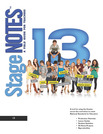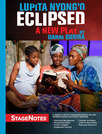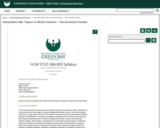In this syllabus from Fall 2023, Dr. Kevin Kain provides bibliographic citations and annotations for resources used in place of a traditional textbook. These resources include a combination of freely available resources and licensed texts supplied by the UWGB Libraries.
"This course will study the human values and worldviews shaped by the Eurasian frontier, especially the Caucasus and Central Asian regions, during the eighteenth-twentieth centuries. The course considers the frontier’s unique natural and social environments as the contexts for encounters between different peoples, including Russians, Europeans, and indigenous populations of the Caucasus and Central Asia, their cultures and belief systems. It therefore recognizes the frontier as a place where identities (national, religious, ethnic, gender, and linguistic) were constructed and questioned and “traditional” values and worldviews were tested and changed over time. Notions of freedom/liberty, happiness, beauty, love, loyalty and honor will appear as consistent themes. Attention to larger transnational processes, including imperialism, colonialism, Orientalism, nationalism, and jihadism will allow us to locate the Eurasian frontier in broader global contexts. The course will adopt a broad cultural historical approach and will be founded on students’ analysis and discussions of a variety of verbal and visual texts. Course readings and learning activities offer diverse variety of perspectives on human values. Students will read, analyze, and discuss written sources, including travelogues and literary works (poetry, short stories, novellas and a Noble Prize winning novel), written by world renowned authors, namely, Alexander Pushkin, Leo Tolstoi and Mikhail Sholokhov, representative of the Romantic, Realist, and Soviet Realist movements and the epic and “popular” poetry of Central Asia. Attention to verbal sources will be complimented by the study of fine art (Realist paintings), classic films and maps. Current scholarly essays and “Lecture Notes” composed by the instructor will provide the necessary historical cultural contexts." - Course Description
















